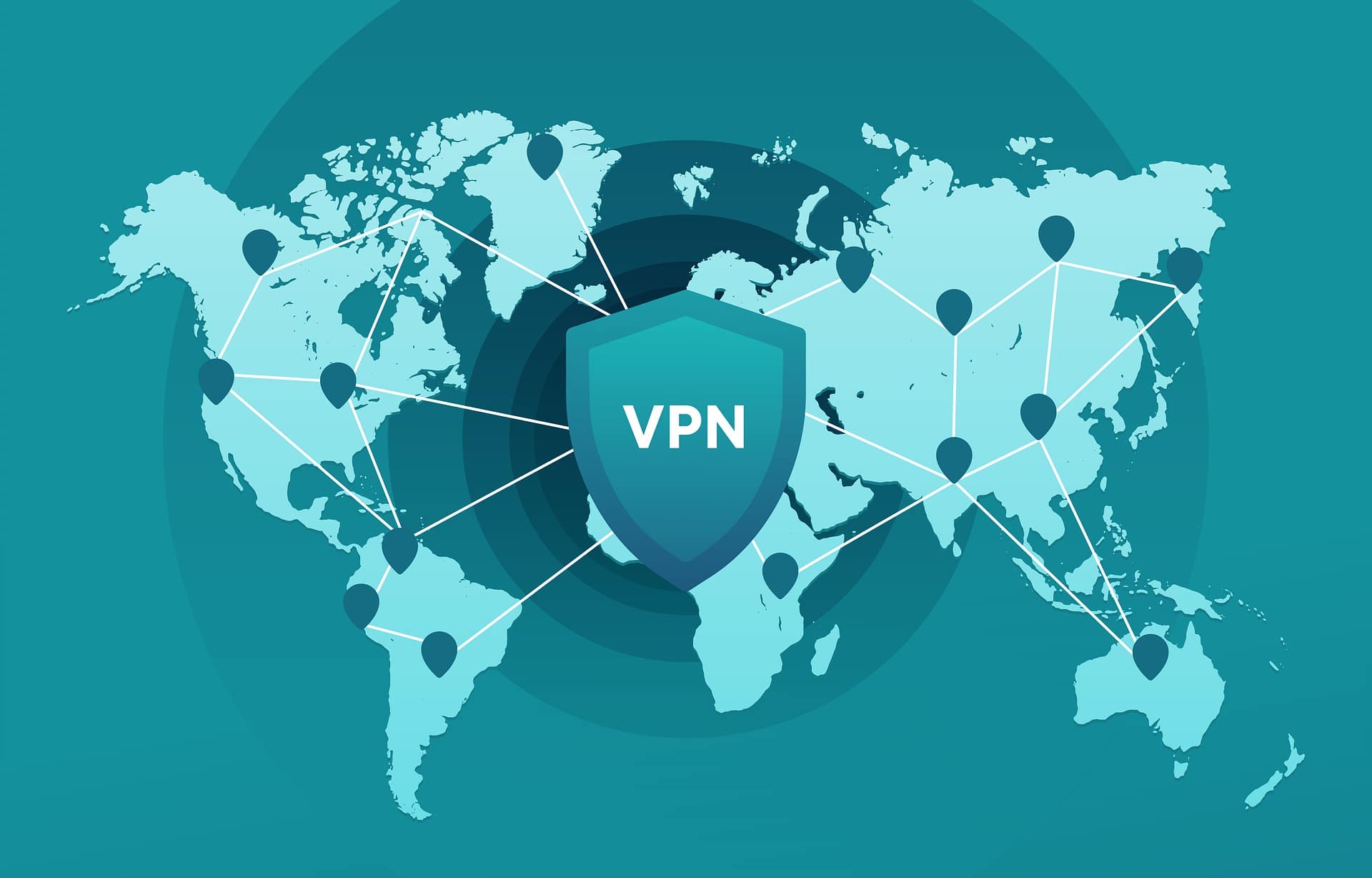
Government regulations surrounding data collection getting less stricter with time have brought forth concerns regarding online privacy into the limelight. Internet Service Providers (ISP) now have free reign over the precious personal data of their consumers and they seem to be making millions selling it to the largest bidder. Moreover, tech giants like Google and Amazon are notorious for tracking the user history and serving them ads that coincide with their previous search terms. Using a VPN is one of the most well-documented methods to avoid being monitored and protect your online privacy. So, how does a VPN accomplish this seemingly impossible task?
What is a VPN?
A Virtual Private Network (VPN), as the name suggests is a secure network that effectively encrypts your personal data to protect it from being poached from nefarious tech conglomerates and greedy Internet Service Providers alike.
When you make use of a VPN, your laptop or phone connects to the secure servers of your VPN provider as opposed to a public network. Moreover, the unique IP address assigned to your network would have normally left you vulnerable, but a VPN ends up hiding this and replaces it with the IP address that matches the one matching with the location you’ve chosen to connect to.
How does a VPN protect your online privacy?
Elucidating on the ideas that were mentioned earlier, ad agencies and social media websites like Facebook and Instagram, are watching over your every move. They track every website you visit, every transaction you carry out, and every search term you enter. Using such comprehensive datasets, they build highly accurate consumer profiles and send in targeted advertisements along your way. These user profiles keep getting refined over time as the algorithm detects the manner in which you interact with these ads.
So, for instance, let’s assume that you are looking for places for breakfast near Los Angeles, where you stay. As soon as you start looking through a couple of options, the algorithm detects this behavior. Based on your consumer profile, it starts to push websites and links that advertise different cafes in the locality you’re in the next time you search for something similar or open a social media website.
A VPN avoids this precarious situation by concealing your location from online predators. You now have the choice to pick a location of your choice as your proxy address. This essential step ensures that your ISP isn’t leaking information regarding your location to advertisers. Thus minimizing the chances that you’re served an advertisement based on where you live. A VPN service, in addition, can also avoid the leakage of sensitive financial information like account credentials or credit card passwords.
What factors to consider while purchasing a VPN service?
It can get confusing to pick a service that caters to your specific needs and demands. So, how can you go about choosing a VPN provider? Here are the factors that you should account for while making that all-important decision.
1) Zero IP leaks
There are a number of free VPN services that promise to do the same as the premium ones. But, in reality, these sites end up leaking your IP addresses to make up for the costs of operating servers. This practice defeats the very purpose of opting for a VPN. So, it might be worthwhile to pay a nominal fee for protecting your online privacy. Keeping this in mind, try out surfshark, which thanks to their 3200+ encrypted servers promise to keep your identity hidden at all costs. They’re offering a 30-day free trial so that you can familiarize yourself with the platform and make the purchase if you like it.
2) Zero logs
Logging refers to the activity of a VPN saving your search history and your personal data within their servers. This means that there’s a chance that your data can end up in the hands of the wrong people in case of a network breach. So, it’s highly advisable to sign up for a no-log VPN to minimize the chances of such an event.
3) An automated kill switch
In cases where the VPN connection is lost, your Internet connection reverts back to its original server. Some VPNs on the market come with a kill switch that automatically closes all the programs you were working on. This is designed to prevent the chances of data being leaked from across these websites.
4) Multi-factor authentication
Multi-factor authentication requires you to perform an additional step of verification when trying to log into your account. So, in addition to entering your username and password, you might be needed to enter an OTP that’s been sent to your registered mobile number. This added layer of security ensures that only the people authorized to use an account access it.
You’ll have to consider the maximum number of devices that can be connected using a single plan. The customer support that’s available to help you at every step of the way, and most importantly price.
Conclusion
In today’s day and age of technology, online privacy is a thing of the past. The only way to truly safeguard it from advertisers and social media sites is by using a VPN. A VPN functions by cloaking your IP address and by obscuring your original location. It is important to pick the right provider to make the most of your VPN.

